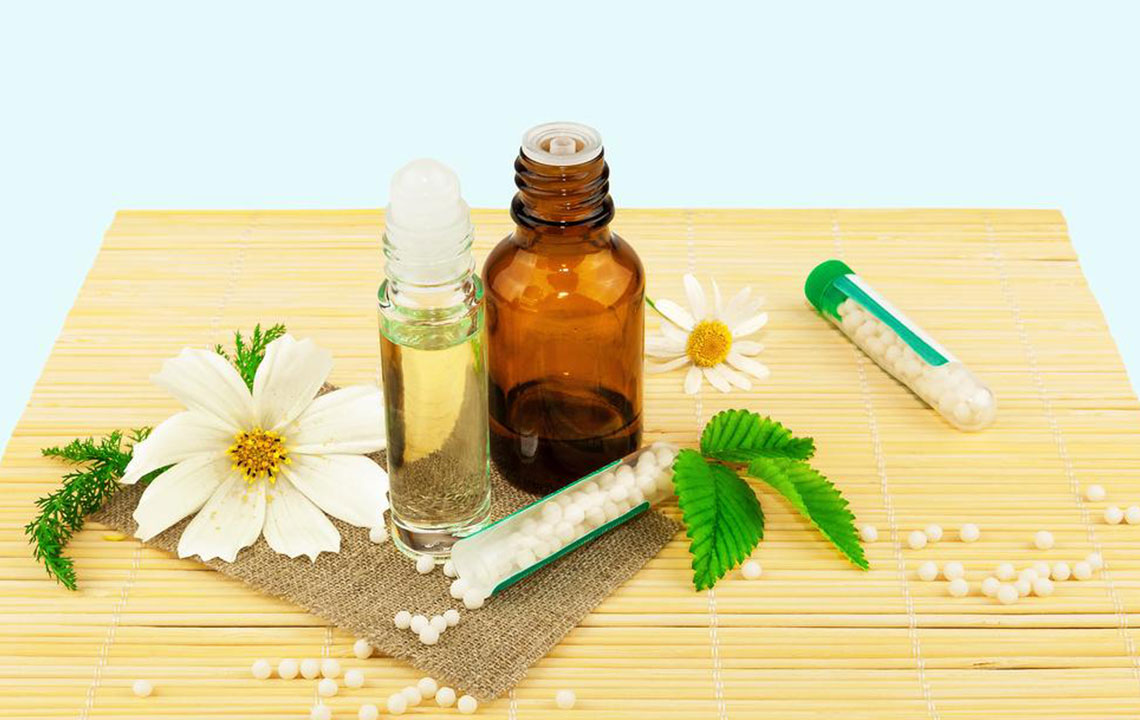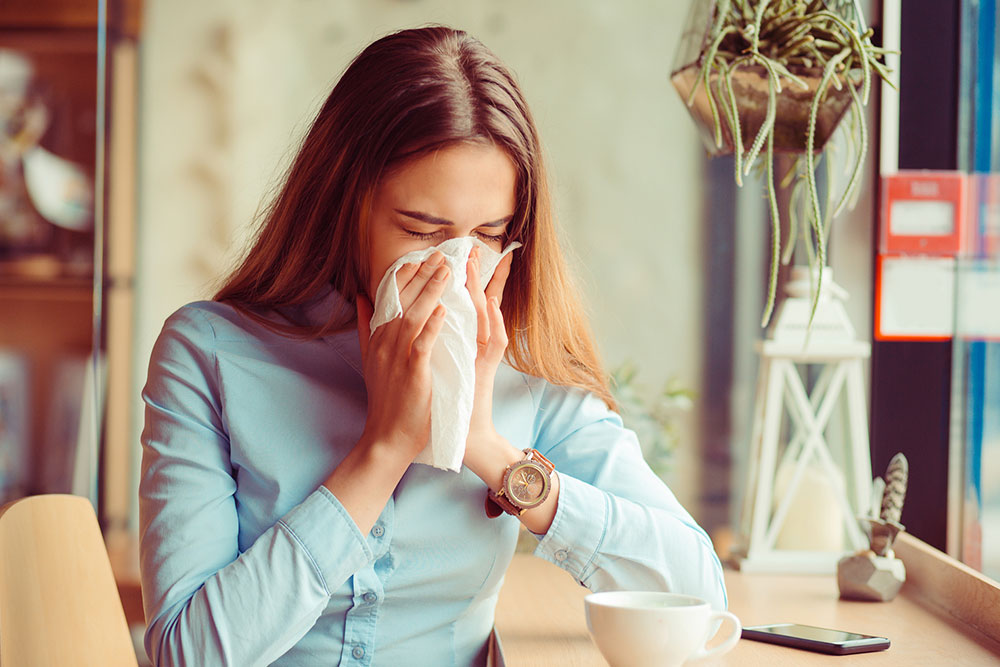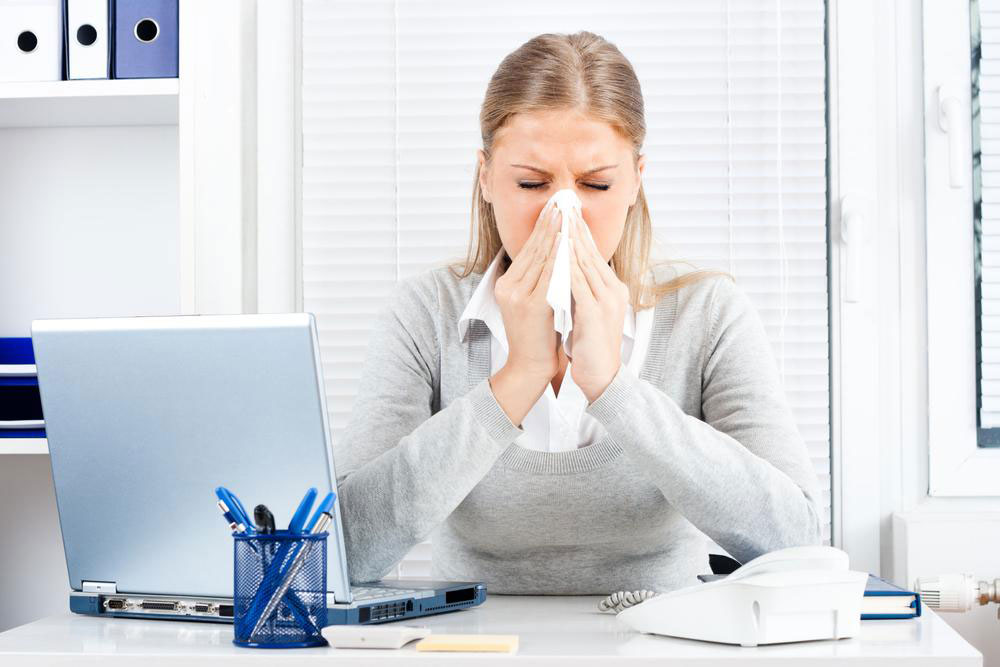Effective Strategies to Manage Allergy Symptoms and Improve Quality of Life
Discover comprehensive strategies to effectively manage allergy symptoms, including medications, natural remedies, and lifestyle changes. This guide helps individuals reduce discomfort and prevent severe reactions, improving overall quality of life by combining medical treatments with natural approaches and practical home tips.

Effective Strategies to Manage Allergy Symptoms and Improve Quality of Life
Allergies are a common health concern affecting millions worldwide, characterized by the immune system's overreaction to certain substances known as allergens. These allergens can range from pollen and dust mites to pet dander, certain foods, insect venom, and environmental pollutants. Proper management of allergy symptoms is essential to maintain a good quality of life and prevent severe reactions. This comprehensive guide explores the most effective strategies, including both medical treatments and natural remedies, to help individuals manage allergy symptoms efficiently.
Understanding Allergic Reactions and Their Triggers
Allergies occur when the immune system identifies harmless substances as threats, leading to an immune response that results in symptoms such as sneezing, nasal congestion, itchy eyes, skin rashes, and difficulty breathing. Recognizing specific triggers is the first step toward effective management. Common allergens include pollen during certain seasons, dust mites in bedding and upholstery, pet dander from cats and dogs, mold spores, insect bites or stings, and certain foods like nuts, shellfish, or dairy products. Environmental factors like air pollution and cigarette smoke can also exacerbate allergic responses.
Pharmacological Treatments for Allergy Relief
Managing allergy symptoms often requires medications to alleviate discomfort and prevent complications. These pharmaceutical options work in various ways to counteract immune responses, reduce inflammation, and block allergic reactions.
Antihistamines
Among the most commonly used medications, antihistamines come in numerous forms, including oral pills, liquids, nasal sprays, and eye drops. These drugs function by blocking histamine—the chemical released during allergic reactions—that binds to receptors on cells, causing symptoms like itching, swelling, and redness. Modern antihistamines are designed to be non-drowsy, allowing individuals to carry out daily activities without interruption. Examples include loratadine, cetirizine, and fexofenadine, which are effective for intermittent allergy relief.
Adrenaline/Epinephrine (EpiPen)
For severe, life-threatening allergic reactions such as anaphylaxis, immediate administration of epinephrine via an EpiPen is critical. Anaphylaxis can occur quickly and requires prompt treatment to prevent airway obstruction, shock, or death. Individuals with known severe allergies should always carry an EpiPen and know how to use it. After administering epinephrine, emergency medical attention should follow immediately.
Corticosteroids
Corticosteroid medications help reduce inflammation, swelling, and immune activity, providing relief from symptoms like nasal congestion, sneezing, and itchy eyes. These are available as nasal sprays (such as fluticasone, mometasone), oral pills, skin ointments, or eye drops, depending on the severity and location of the allergic reaction. While effective, corticosteroids should be used under medical supervision to avoid potential side effects from long-term use.
Decongestants
Decongestant medications, which can be administered as nasal sprays (like oxymetazoline), pills (pseudoephedrine), or eye drops, work by constricting blood vessels, thereby reducing tissue swelling and relieving nasal and sinus congestion. However, these drugs should be used cautiously, typically for a few days only, since prolonged use can lead to rebound congestion and worsen symptoms. People with high blood pressure, glaucoma, or heart conditions should consult their doctor before using decongestants.
Mast Cell Stabilizers
These medications, such as cromolyn sodium, prevent the release of histamine and other chemicals from mast cells, thereby reducing allergic responses. They are especially useful for individuals with seasonal allergic rhinitis or ocular allergies and are commonly available as nasal sprays or eye drops.
Natural and Alternative Remedies for Allergy Symptom Relief
Many individuals prefer integrating natural remedies into their allergy management plan to minimize medication use or enhance relief. These options often have fewer side effects and can be used as complementary therapies.
Herbal Remedies
Several herbs have shown promise in reducing allergy symptoms. Butterbur is noted for its ability to block leukotrienes and histamine production, which helps alleviate nasal congestion, sneezing, and itchy eyes. Nettle leaf (Urtica dioica) acts as a natural antihistamine, reducing the severity of allergic reactions. Turmeric, containing curcumin, has anti-inflammatory properties that can ease congestion and irritation.
Dietary Supplements
Omega-3 fatty acids from fish oil supplements help decrease the production of leukotrienes, compounds involved in allergic asthma and inflammation. Quercetin, a powerful antioxidant found in apples, onions, and berries, inhibits histamine release, providing allergy symptom relief. Apple cider vinegar is believed to support lymphatic health and reduce mucus production, although more scientific evidence is needed.
Home and Lifestyle Adjustments
Implementing simple home remedies and lifestyle modifications can significantly reduce allergen exposure. Regular nasal rinsing with saline solution clears pollen, dust, and other irritants from nasal passages, providing immediate symptom relief. Using HEPA (High-Efficiency Particulate Air) filters in HVAC systems and vacuum cleaners traps airborne allergens, improving indoor air quality. Maintaining low humidity levels with dehumidifiers discourages mold growth, another common allergen. During high pollen seasons, showering after outdoor activities, changing clothes, and avoiding outdoor activities during peak pollen times are effective strategies.
Additionally, creating an allergen-free environment by removing carpets, using allergen-proof bedding covers, and keeping pets out of bedrooms further minimizes exposure. Regular cleaning, proper ventilation, and avoiding cigarette smoke also play vital roles in allergy control.
In conclusion, managing allergy symptoms effectively requires an integrated approach combining medication, natural remedies, and lifestyle adjustments. Consulting healthcare professionals can help tailor a personalized treatment plan, ensuring both safety and maximum relief. Staying informed about triggers and maintaining a proactive attitude toward allergy management can lead to a healthier, more comfortable life, free from the limitations caused by allergies.
Thank you for exploring comprehensive allergy management strategies with us—empowering you to breathe easier and enjoy life fully.




